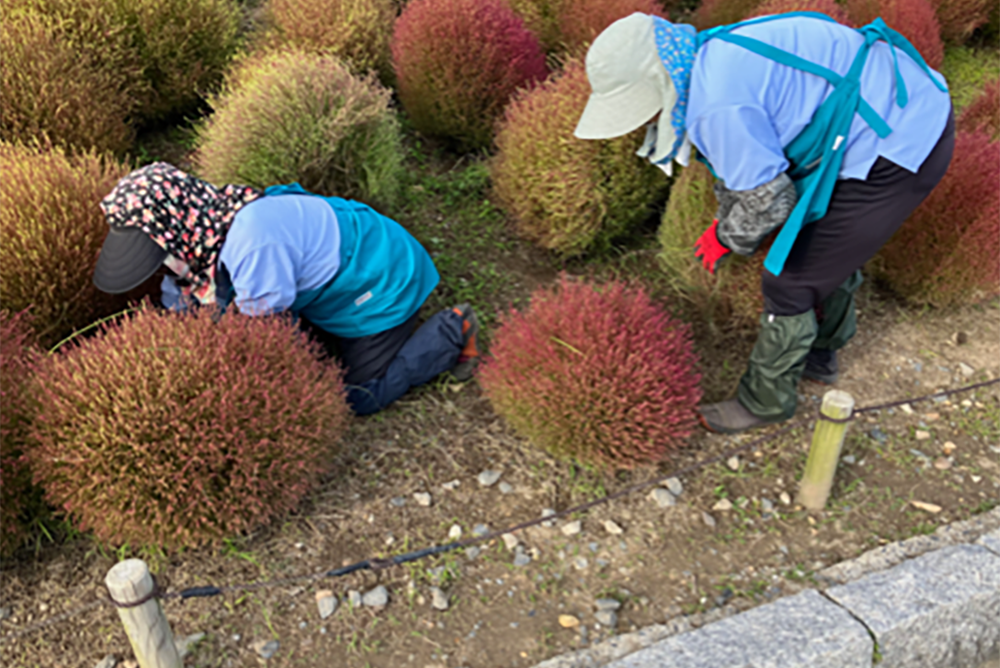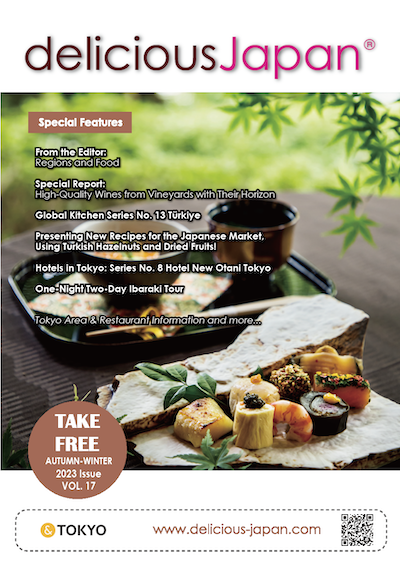
Creating the Future of Food With Sustainable Transformation (SX) Management
Professor Emeritus John Kotter of Harvard Business School has always harped on the same subject that “the job of a manager is in transformation”. In the With-Coronavirus era, world leaders demand that companies should change, and companies are pressing ahead with Digital Transformation (DX). But reform doesn’t stop there. Sustainable Transformation (SX) is accelerating under New Normal conditions.
People looking seriously at the global environment is not a new thing. The American biologist Garrett Hardin published “The Tragedy of the Commons” in 1968, and the Club of Rome published “The Limits to Growth” in 1972. The United Nations Conference of the Human Environment took place in Stockholm that year led on to the Rio Summit (United Nations Conference on Environment and Development) in 1992, Rio +20 (The United Nations Conference on Sustainable Development) in 2012, and other steps, culminating in the adoption of the SDGs in 2015. The Paris Accords (COP 21) raised the issue of “planetary boundaries”, pointing out the fact that climate change and ecosystem destruction have pushed beyond the boundaries within which humanity can act safely. Companies must face the issue of planetary boundaries head on, and SX is one step in that direction.
In this feature, we interviewed and reported on the food manufacturers Fuji Oil and Kameda Seika, two of Japan’s leading companies. Fuji Oil has a 50% domestic share of the soy protein that is the main raw material of soy meat, which has been in the spotlight in recent years, and is the world’s only general processor and manufacturer of oils and proteins. In June, Kameda Seika, Japan’s biggest manufacturer of rice crackers, announced their collaboration with NEXT MEATS, the Japanese based food tech venture company which works with meat substitutes, for joint product development. Kameda is making a major shift, from a “rice cracker and snack manufacturer” to “the ‘Better for You’ food company”.
We at “delicious Japan” want to make a force for ESG progress and for growth beyond the dissemination of food information. Starting this spring, we established the executive committee of the Sustainable Japan Project (SJP) and are already working on a range of projects. We will be presenting SJP activities on ”delicious Japan” website, and aim to focus, together with our readers, on the future of the SDGs, ESG and SX.





